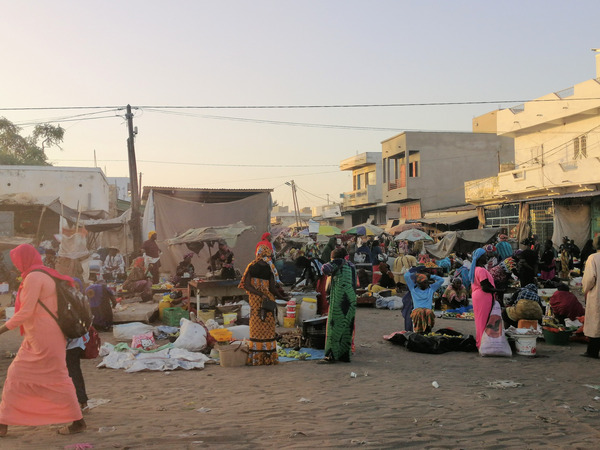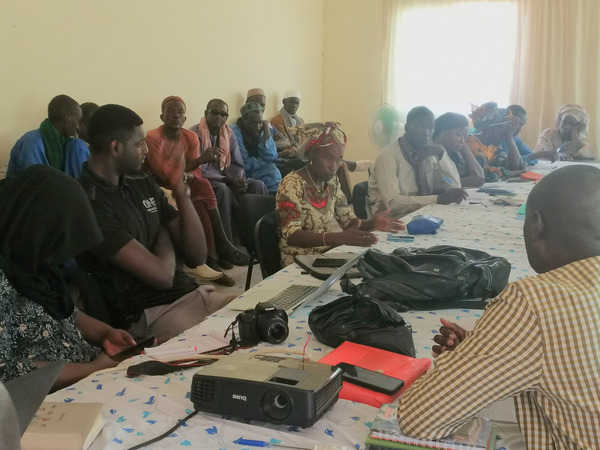A survey of SustainSahel stakeholders is nearing completion. It has already provided some interesting insights into the economic and commercial aspects. In particular, on the role of women in relation to markets, commodity chains and therefore disposable income. There is no doubt among the survey participants that women have greater talents in processing and small-scale trade. One major challenge is transport, which limits women's ability to market their products.
In addition, the heavy burden of household chores and the roles that women play within the family can be seen as hindrances to engaging in marketing.
Crop shrub livestock (CSL) systems must lead to financial and economic results
With the survey carried out between July and September 2024, we tried to gain a picture of these situations in the project sites. One key factor that stands out is the dependence of producers on buyers, who seem to control the pricing of products. The more than 100 participants already came to one conclusion: "Producers need to organise themselves better".
This is not easy in a context where virtually all households rely on at least three commodity chains, including one linked to domestic animals, and especially in the three countries where millet is the staple food.
Limiting factors for adoption of CSL systems
The limiting factors for adoption, which are noted to a greater or lesser extent by all the sites, are: buyers who set prices, policies, the economy in general, education and the lack of community dynamics. So, adoption is not limited by technology or innovation, but socio-economic factors.
Recommendations for further actions in the project
The recommendations made for the final year of the project also point in the direction of continuing to support the innovation platforms, but with specific ideas to:
- Stimulate the market,
- Inititate sheep fattening for women
- Initiate techniques for transforming plant fodder into livestock feed,
- Support formation of production and marketing networks
- Strengthen the innovation platform so that each player can play a role.
A report will be produced shortly and shared on the website with the most relevant results of this interesting survey of commercial, economic and socio-cultural realities.




 tap and then scroll down to the Add to Home Screen command.
tap and then scroll down to the Add to Home Screen command.